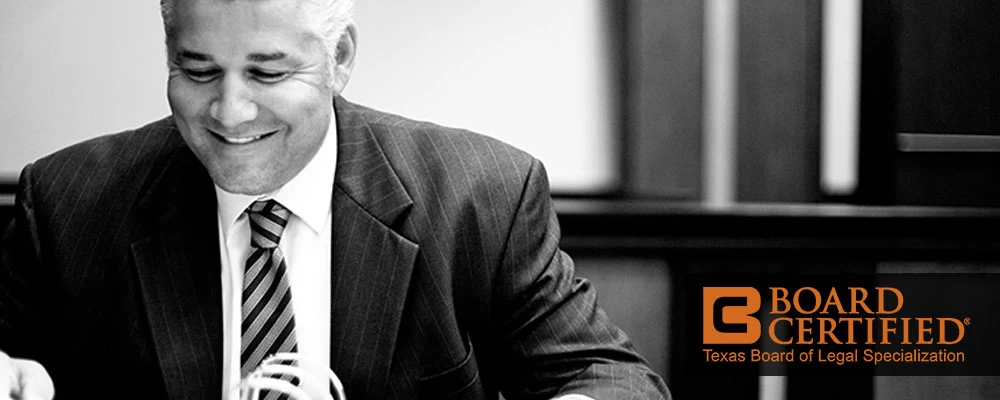The Texas Code of Criminal Procedure outlines probation, or ‘community supervision’ as an alternative to a jail or prison sentence. This is great for individuals found guilty of a criminal offense, because it gives them the option to avoid jail. However, this form of leniency from the court doesn’t lessen your responsibility—it heightens it.
Probation & Texas Law
Article 42.12 of the Texas Code of Criminal Procedure grants courts the authority to place defendants under community supervision. Moreover, Chapter 54 of the Texas Government Code outlines the role of community supervision and corrections departments in managing probationers.
Over of Probation Violation
Technical vs. Substantive Violations
The classification of probation violation falls into two categories, technical and substantive.
Technical violations are instances like failing a drug test or missing an appointment with your probation or parole officer. Substantive violations entail new criminal charges.
Technical Violations
As far as the state is concerned, technical violations aren’t ‘minor’ issues. They’re seen as red flags.
For example, a missed appointment can be seen as a lack of commitment to rehabilitation. A failed drug test? That’s viewed as a defiant act of non-compliance. Usually when this happens you can expect the judge to alter your probation terms, or revoke your probation entirely.
Substantive Violations
Arrested for a new offense while on probation? That’s a substantive violation.
Under Texas law, this isn’t just a violation; it’s an indicator for potential recidivism, and the courts take notice. The penalties? Likely the immediate revocation of your probation.
The Constitution
If you’re accused of violating the terms of your community supervision agreement, the Constitution of the United States could help you out.
Your Fourth Amendment right protecting you from unreasonable searches and seizures usually intersects directly with lots of probation scenarios. However, a probationer’s rights are often more limited is certain circumstances.
For example, probation officers have broader discretion to conduct searches without a warrant. In other scenarios such as with police on the street, your Constitutional Rights are more applicable.
Galveston County Community Supervision
The Galveston County Community Supervision & Corrections Department plays a double role. They act as both the supervisory entity—ensuring compliance—and the support system. They offer probationers resources like educational courses and rehabilitation programs.
What Happens If My Probation is Revoked?
The court will hold a revocation hearing. The revocation hearing, unlike a criminal trial, doesn’t require the state to prove a violation ‘beyond a reasonable doubt’.
In Texas, the standard of proof is a ‘preponderance of the evidence’. This is a lighter burden, but more of a risk for the probationer.
Secure Legal Representation Today
If you think you’ll be violated by your probation or parole officer, have legal representation by seasoned criminal justice attorneys is the only play you may have.
Galveston criminal defense lawyers Tad Nelson & Amber Spurlock have a deep understanding of Texas law and an unyielding commitment to our clients.
The Law Offices of Tad Nelson & Associates
Galveston Criminal Defense Lawyers
Violating probation in Texas can have serious consequences. It could mean being separated from your family, life, and job and being thrown back in jail. However, this isn’t the end of the road. It just means you need experienced, professional intervention.
If you have questions or would like to see if we can help you with your case, contact Galveston criminal defense lawyers Tad Nelson & Amber Spurlock today. Send us a message using our message form or call us directly at 409-765-5614.

Mr. Nelson is Board Certified® in Criminal Law by the Texas Board of Legal Specialization. We’ve practiced law in Galveston since 1991. We have numerous 5 star reviews from our clients. We’re committed to keeping you free.


















